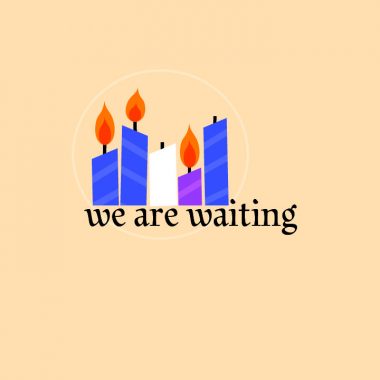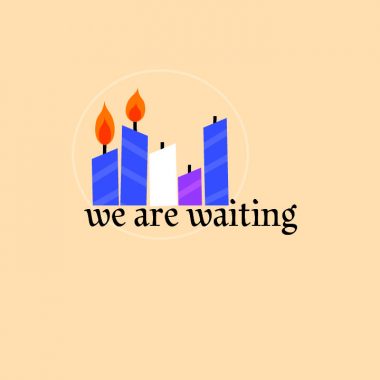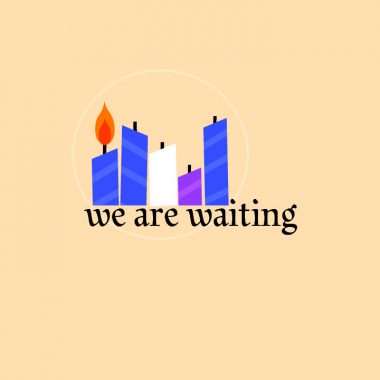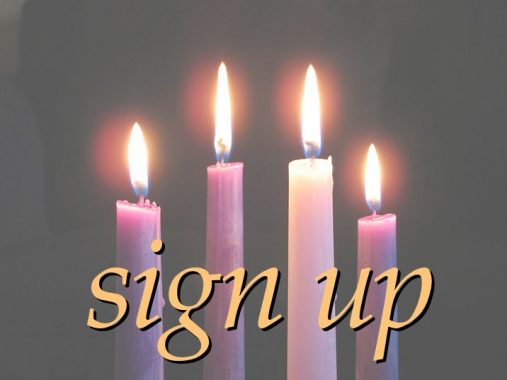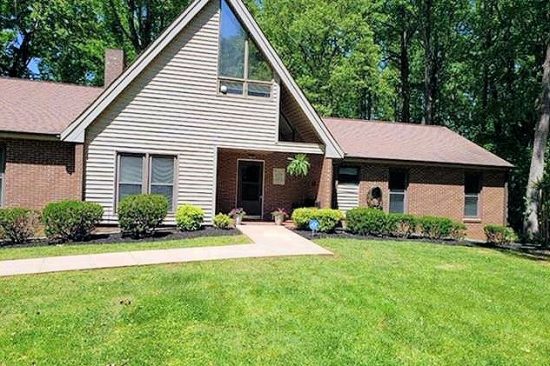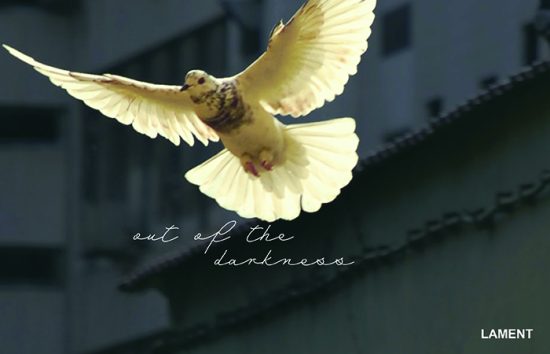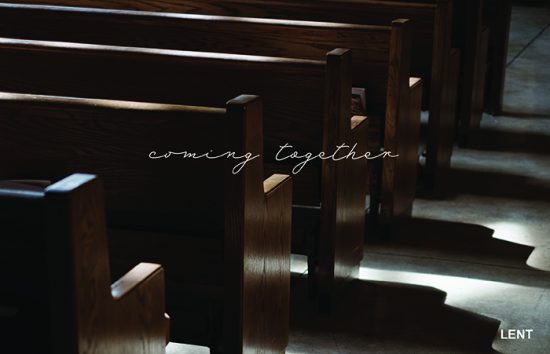Category: Uncategorized
It happens January 30 at DreamBig.fun. Sign up below for auction previews and updates!
Advent 2020 | Week 2
What is the chance?
At this particular moment – as we are physically separated from each other – it’s more important than ever to remember that transformations occur, not as scheduled, but as the result of a chance encounter.
Advent reminds us of the greatest chance meeting. It’s one we celebrate at Christmas. Come Lord Jesus. We are waiting.
Advent 2020 | Week 1
Advent Series
Sign up for Rev. Bruce Stanley’s weekly Advent messages – and prepare your heart for Christmas
The HomePage
Sign up for our monthly e-newsletter and see your gifts in action –
Forsyth Home Opens
Independence
A Lament for Good Friday
“While they were eating he said, ‘Truly I tell you, one of you will betray me.’ They were very sad and began to say to him, one after the other, ‘Is it I?’ Jesus said, ‘One who has dipped his hand in the bowl with me will betray me.’ ”
Matthew 26:21-23
Anyone who commits to taking the suffering, death, and resurrection of Jesus seriously must spend time in unsparing self-examination on Good Friday. Having observed the Last Supper, we awakened this day of Christ’s crucifixion to somber reflection. During the Last Supper, Christ pointedly spoke about his betrayal. Each of the 12 asked the same question, “Am I the one?” Jesus didn’t answer them individually. He said simply that one who has dipped their hand in the bowl with me will betray me.
Across the years we have tried to offload culpability and blame upon Judas of the Sicarii and use him as scapegoat. However, if we are honest with ourselves and each other, we must confess that we, too, have committed acts of betrayal. We have shared in the Last Supper – we have taken the bread and wine and dipped our hand in the bowl. Jesus knew then and knows now. It is not simply “Am I the one?” It is everyone. We have not simply put our hand in the bowl; we are sadly much more deeply involved.
I don’t write this to make any who suffer from self-loathing or depression feel even more helpless and hopeless. Rather this is an invitation to hope.
To claim the gift of forgiveness, we have to honestly address our shortcomings. We may not have committed the spectacular act of betrayal that Judas did. We may not have committed the public act of denial that Peter did. Yet we all betray and deny Jesus in some way. We do it when we have a scarcity mentality instead of an abundance mentality. We do it when we fall into fear instead of living in faith. We do it when we trust more in our own ability than in God’s power. We do it when we judge other people, when we trample on the environment and creation, and when we have resentful attitudes.
I wonder if Jesus would really have liked to answer their question, “Is it I?” with a simple “Duh.” Twelve times – Duh, Duh, Duh, Duh.
On this Good Friday we strive to achieve holiness. Let us confess freely that even the best among us still have at least residual resistance to the Grace and Will of God. I invite you to give over to God all error in action and untoward impulse in thought. May we empty our hearts and minds of regret and remorse so that the sacrificial love displayed upon the cross can pour in to the resulting emptiness.
May we emerge out of the darkness of these days.
Bruce Stanley
Lent 5: Coming together
And the Lord asked, ‘Son of Man, can these bones live?’ Ezekiel 37:3
When Ezekiel was given this vision by God, Israel was at one of her lowest points. The Babylonians had taken Jerusalem’s best and brightest back to Babylon. Not only were these Jews being held captive, they were being integrated into Babylonian life and being raised as other than Jews. Meanwhile, Jerusalem was a barren mess. Jews there were living with fear instead of faith and their hearts were full of despair rather than devotion. To both the suffering and bewildered Jewish diaspora and the Jews remaining in Israel, God spoke these powerful words of hope: I will bring you back.
Ezekiel’s vision is eternally contemporary.
In the United States it resonated with the ones whom we held captive. Our slaves, suffering horror unimaginable to most, found hope in Ezekiel’s words. They fashioned a song, “Dem Bones Gonna Rise Again” that was sung as both lament and encouragement. The song captures the components of Ezekiel’s vision: human bones, scattered and torn asunder; the sound of rattling as bone joins bone; the blowing, flowing wind as God breathes life to the bones.
This Lenten Season we find ourselves in isolation, torn from corporate worship, places of work, and even apart from family members whom we cannot hug or even visit. We ask, “Can these scattered remnants of a once proud people find life again?” How can we come together, remain connected, so that we can live.
I am full of hope as I see winds of change blowing through our land. A Sunday school class at Edenton Street UMC stays in touch with some of the church’s elderly by dropping off meals to their homes. It is not ideal that the meal must be left outside, yet it is a great way to connect. One of our neighbors has decorated their carport pillars with balloons so those out walking can see that hope springs forth. Others have pulled their Christmas lights back out of the attic as Advent and Lent collide. If you have tried to connect using Free Conference Call, Google, Zoom, or other platforms you may have experienced difficulty with access as their servers are overloaded with persons needing and wanting to communicate.
Ezekiel’s prophetic word is clear. Things have fallen apart and the people have become scattered. Can these bones live again? With confidence that God is sovereign and God’s will cannot be prevented, we answer a resounding yes. We join our voices and sing, “Dem bones gonna rise again!”
Bruce Stanley

